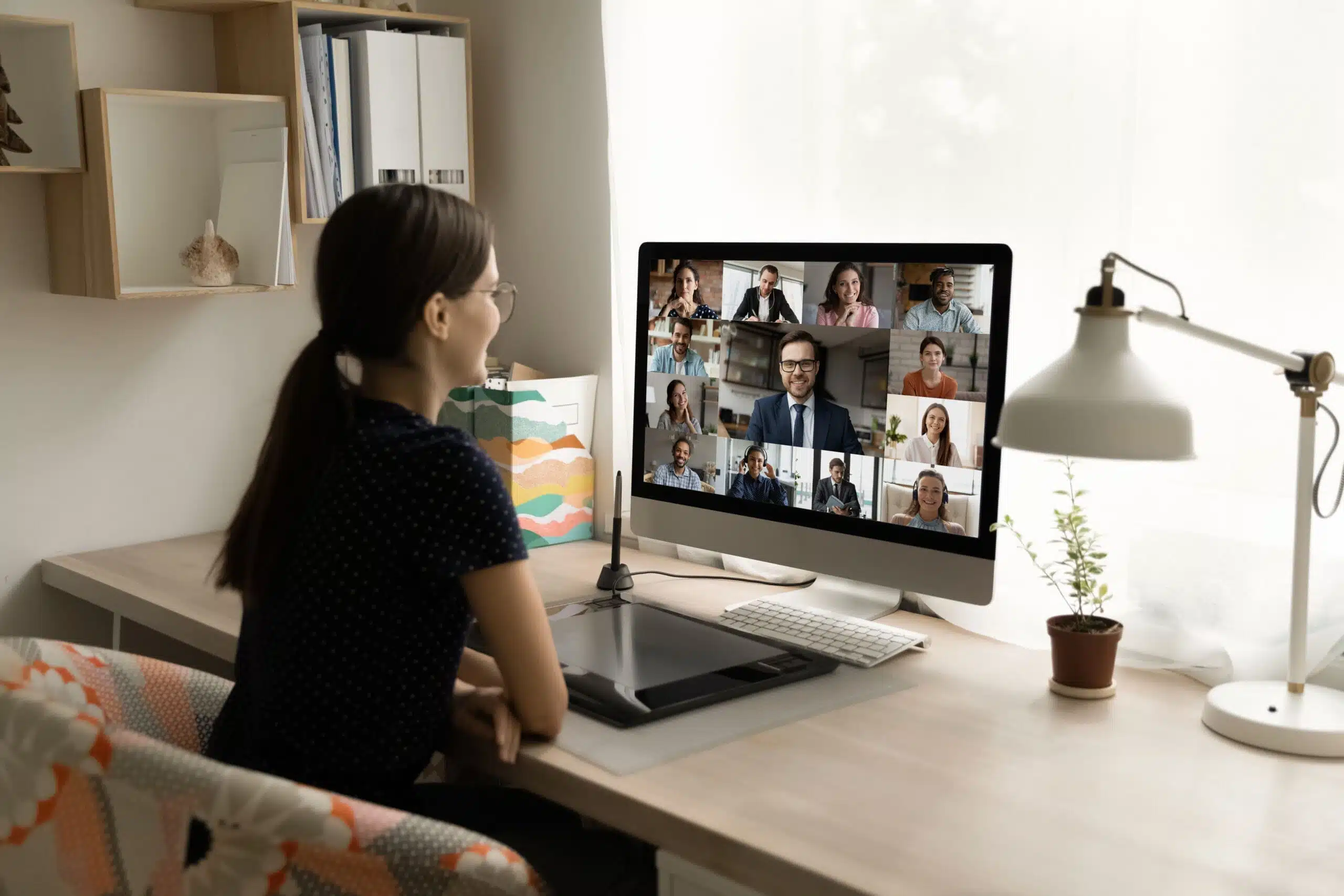Many people enter freelance work for the flexibility and autonomy it provides. However, in the face of tightening budgets or reduced scope, freelance experts are uniquely challenged with retaining clients that already have a dedicated in-house team with strong working relationships.
Longevity and stability center around strong business relationships. In the debate between employee vs. contractor, freelancers have the opportunity to build the same level of trust and value for clients that full-time employees deliver.
We highlight the best tips from Paro’s fractional finance and accounting experts on demonstrating value, improving client relationships and securing your position as an essential team member to your clients.
Provide deeper knowledge and access
Payroll is often the largest cost on a balance sheet and an area that receives the most attention from businesses during a season of cutbacks. Though freelancers offer flexibility to scale up or down, many businesses may still choose to cut contractors due to the lack of an established business relationship.
CFO Charlie O., articulates how leveraging flexible workers can bring additional value to companies by increasing access to more diverse industry knowledge and best practices.
Charlie says what his company brings to the table is process implementation:
“We’re able to bring the knowledge and skill we’re learning from one client over to other client projects. [We’re] driving a ton of new processes and bringing new ideas to the table that the client wouldn’t necessarily have access to by staying in-house.”
When you bring new and fresh ideas to the table, you save your clients money and increase operational efficiency. This helps to further solidify your status as an essential partner to their success.
Become an advisor, not a transactional partner
Robert G., CPA explains how he leverages trust to overcome cost concerns with his clients.
“They see the value. I’m constantly communicating to them. In my communications, I make recommendations like: here’s how the company is faring, here are improvements we need to make. And it shows that we’re committed to that client. We’re not just after that buck. We’re not being transactional. It’s adding to the trust, but it’s also making the client not even think about what the cost is. They’re just looking at it like, ‘I need Rob more than I’m worried about what the cost is.’ I need his advice,” states Robert.
Building trust with clients requires tapping into your soft skills as a freelancer, an area that requires just as much development as hard skills. However, soft skills can pay off in spades when it comes to maintaining positive working relationships and a strong roster of clients who see you as their valuable advisor rather than a transaction.
Address the pain points of in-house talent
When your client’s current talent or processes create pain points rather than solve them, seize the opportunity to provide greater efficiency. Bookkeeper Erik K. speaks on the importance of finding gaps or challenges with the client’s current resources:

“Every time you talk, you’re not only gonna be talking about the project you’re working on or the recurring work that you’re working on. You also talk about other parts of the business, and that’s where you hear, ‘Okay, I’m frustrated with this person, because they’re not doing X, Y and Z.’ Or, ‘This person keeps me up at night, because they can’t get this part done.’ It’s also a matter of what you can do that they may already need or are already doing, but how you can do it better. And what they can save,” says Erik.
A full-time team is not a guarantee that the business has the necessary skills or bandwidth to solve their challenges. As a freelancer, you can deliver better ways to improve upon your client’s existing processes.
Create additional value without putting in additional time
Creating strong working relationships doesn’t have to mean putting in more time. It can, however, mean providing more value for the cost of your services. Accountant Brian D. explains what he offers his business clients: open access to knowledge beyond their immediate needs.

He states:
“I feel like any time that I speak to a client, they obviously have access to this database of information. So, I’m not going to hold in information from a client—information that’s going to help them—just because it’s not part of the scope… I think giving that additional value allows you to go and exceed the client’s expectations. The client ends up getting more than what they’re paying for. But on my end, it’s not necessarily more time, it’s just more information than they’re expected to get in the situation.”
You don’t have to increase bandwidth or change your rate to demonstrate your value. Offering unconditional knowledge without additional cost can build added trust with your clients. Once this trust is built, a freelancer has an open the door to offer new opportunities to solve client problems, and in turn, secure additional project work.
Check in regularly
There are many ways to build client relationships, whether through performance, empathy, or practiced soft skills.
Kelly A., CPA, MAcc cites regular proactive communication with her clients as a crucial component of strong working relationships.
Kelly states:
“The most important thing you can do is have good communication with them. It’s very easy to feel kind of lost every once in a while, so I always will touch base. I’ll say, ‘Hey, this is what I’ve been working on. Do you need anything else? This is where I’m at.’ If I’m stuck on something, I always try, without being asked, to send them something weekly that tells them, ‘Hey, I’ve been working on this. I’ve got this done. This is sitting out here.’”
When communications happen on an ad-hoc basis, they tend to be focused on bottlenecks or concerns rather than connection and strategic planning. On the other hand, when you are strategic and intentional about client communications, it allows you to maintain a proactive vs. reactive stance in the relationship. Regular check-ins with a clear agenda build trust organically and allow you to discover opportunities to add value.
Prioritize networking and skill development as a freelancer
The Harvard Business Review reveals that “our professional and personal networks have shrunk by more than 16%–or more than 200 people–during the pandemic.” With networks shrinking as a result of remote-focused work, imagine what you can do with dedicated effort towards in-person networking and professional development?
Financial analyst Frank C., CPA explains the importance of networking and prioritizing your professional development as a freelance expert:
“I always used to say that I sell sleep… I now take your problem so that you’re not spending all night awake staring at the ceiling fan. Now I am. That’s the level of engagement that people have to have. And that’s difficult… We have to understand empathy. We have to understand trust building… And the only way to learn that and actually put it in place is to get out there. I mean physically getting out there and sharing space with people.”
When you actively network and connect with people, you’re not only building your skills, you’re also forming the types of close interpersonal relationships that your peers on Zoom are missing out on. This personal touch can give you an edge in a competitive freelancer market.
Build your business with stronger working relationships
Secure qualified clients, build positive business relationships and optimize your performance for long-term success. As a Paro finance expert, you’ll receive AI-driven tools and guided insights to help you secure meaningful projects, manage your client relationships and grow your business.






